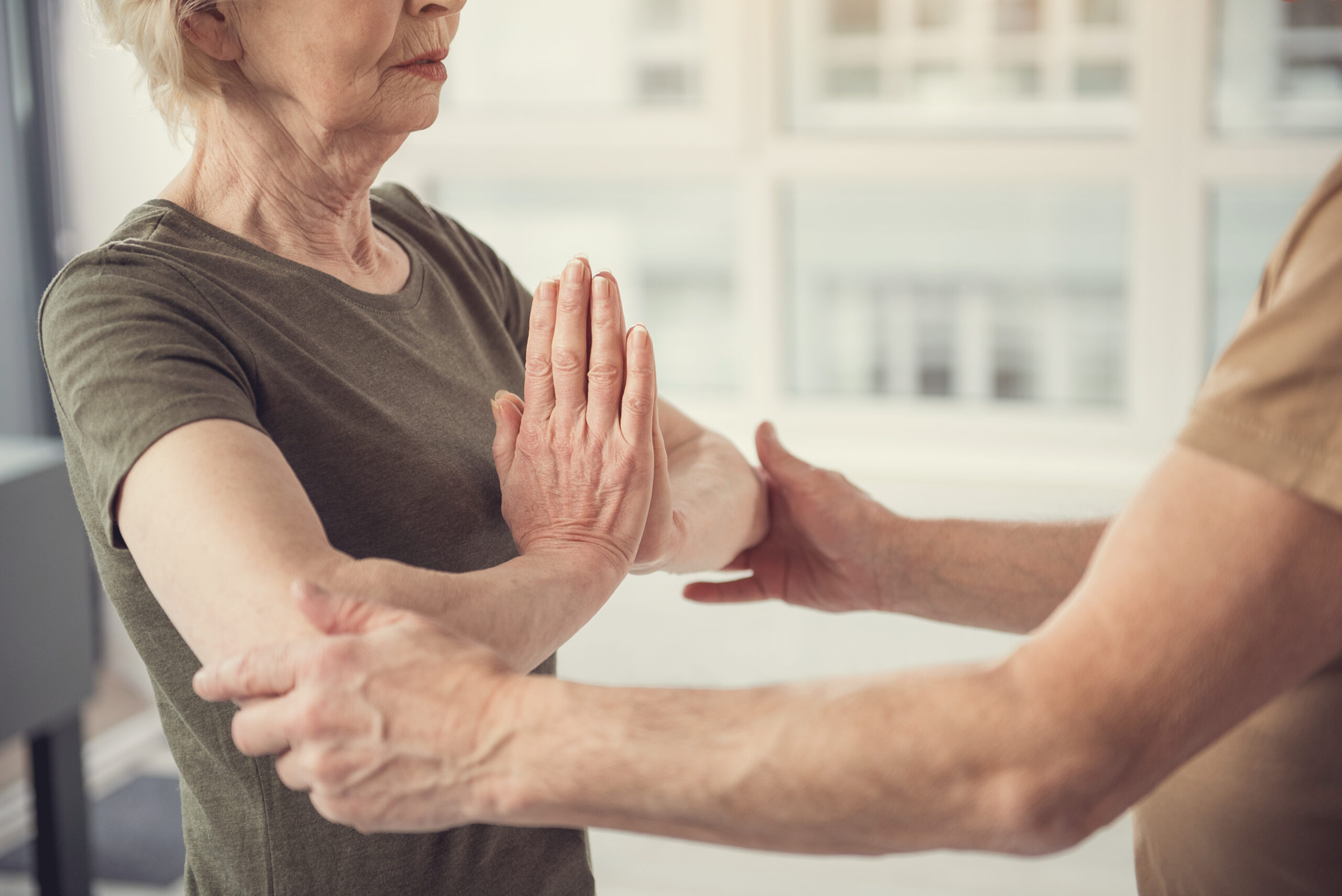Hydration and Its Importance in Aging
**Hydration and Its Importance in Aging**
As we get older, staying hydrated becomes more challenging—and more critical. Our bodies naturally lose water more easily, our skin gets drier, and even our brains feel the strain when we don’t drink enough. Here’s why hydration matters as you age and how to keep it simple.
—
### **Why Hydration Gets Harder With Age**
1. **Thirst Signals Fade**: Older adults often don’t feel thirsty as strongly[4], making it easy to forget to drink water until dehydration sets in.
2. **Skin Changes**: Skin loses moisture faster with age, leading to dryness and wrinkles[2]. Proper hydration helps maintain elasticity and a healthier appearance[5].
3. **Brain Function Slips**: Dehydration can cause brain fog, forgetfulness, or fatigue because the brain relies on fluids to send signals efficiently[2][5].
—
### **Risks of Not Drinking Enough**
– **UTIs & Kidney Issues**: Dehydration raises the risk of urinary tract infections and kidney strain[5].
– **Hospitalizations**: Nearly 20% of preventable senior hospital visits link back to dehydration[5].
– **Energy Drain**: Even mild dehydration can leave you feeling sluggish or dizzy[3][4].
—
### **Simple Ways to Stay Hydrated**
1. **Set Reminders**: Use phone alarms or sticky notes as prompts to drink water throughout the day[5].
2. **Eat Water-Rich Foods**: Snack on cucumbers, watermelon, or berries—they’re tasty ways to boost fluid intake without thinking about it[5][3].
3. **Sip Herbal Teas**: Non-caffeinated options like chamomile add variety while keeping you hydrated[5].
4. **Check Urine Color**: Aim for pale yellow—it’s a quick way to know you’re on track (dark yellow means drink up!)[5][1].
—
Hydration isn’t just about drinking water—it’s about giving your body what it needs to stay sharp, energized, and resilient as you age. Start small: keep a glass of water by your chair or bed, take sips during TV ads, or pair every meal with a cup of herbal tea. Your skin, brain (and kidneys!) will thank you later!





